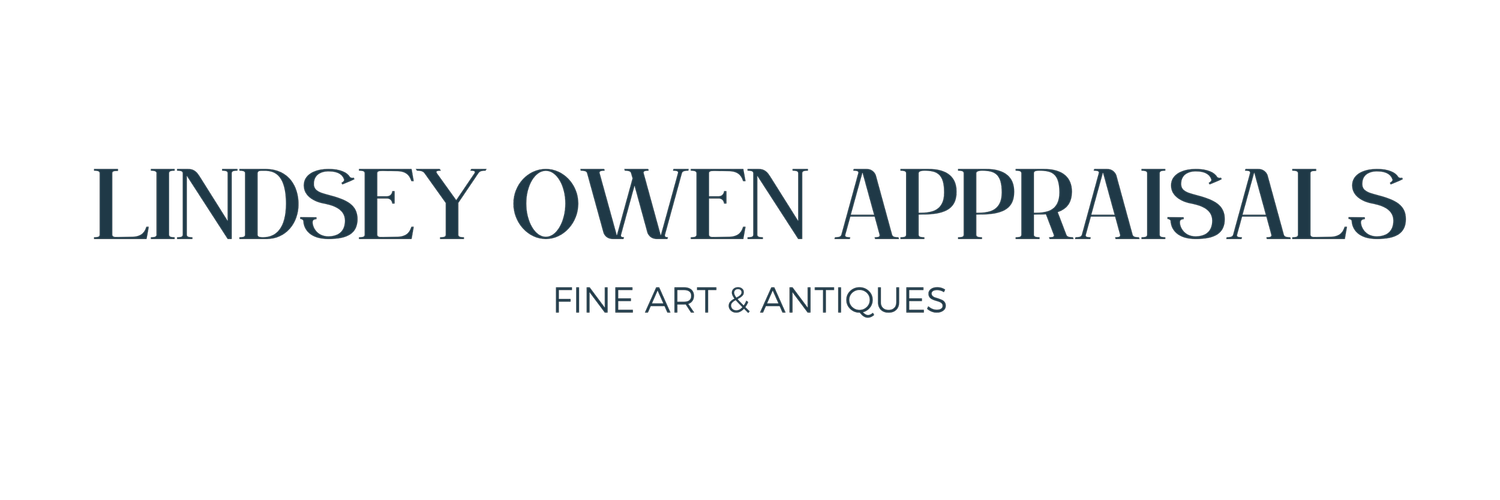Frequently Asked Questions
What does an art appraiser do?
Art appraisers determine the value of artwork. They are highly trained professionals who deeply understand the art market and its intricacies. Their expertise allows them to evaluate and assess the worth of various art forms, including paintings, sculptures, and even digital art. Estate lawyers, tax specialists, accountants, museums, nonprofits, insurance brokers, and carriers heavily rely on certified art appraisers for impartial and expert valuations. This reliance becomes evident in critical scenarios such as estate planning, equitable distribution, estate taxation, divorce settlements, insurance coverage, claims processing, and charitable donations.
Are your appraisals certified?
If you are seeking art appraisers for insurance, tax, charitable donation, or equitable distribution, you will likely require an appraisal with a USPAP certification statement. All our appraisal reports will have a signed USPAP Certification Statement.
Our art appraisers prepare reports following the principles and procedures of the International Society of Appraisers Appraisal Report Writing Standards, which meet the industry standards required for insurance, the Internal Revenue Service (IRS), and litigators.
How much does an appraisal cost?
The total cost of your appraisal project depends on several factors, such as the intended use of the appraisal and the volume of pieces to be appraised. Once the project's scope has been determined, we will provide an engagement agreement outlining the methodology, timelines, and associated costs.
Can I get an online art appraisal in 72 hours?
It depends on the type of piece, the number of pieces, the intended use of the appraisal, and the flexibility of our existing schedule. If you need an appraisal with a quick turnaround, please fill out our appraisal inquiry form and make a note about your ideal timeline and we will work to accommodate as possible.
What types of pieces do you appraise?
Lindsey Owen is a generalist who specializes in appraising fine art. Please find a list below of the types of pieces we regularly appraise. If you need an appraisal for a type of personal property not listed, please feel welcome to reach out as we have a large network of qualified appraisers to whom we can refer you.
PaintingsDrawingsPrintsPhotographsSculpturesPottery and CeramicsFurnitureDecorative ObjectsGlasswareCrystalSilverEphemeraTextiles
How does fine art appraisal work?
The process for artwork appraisals can very depending on the intended use of the art appraisal and the type of artwork appraised. Click here to learn more about how the art appraisal process works.
Where are you located?
Lindsey Owen Appraisals is headquartered in Chicago, IL and our team works nationwide to appraise all sizes of collections.
How can I find a fine art appraiser near me?
Please feel welcome to reach out if you need help finding an art appraiser near you. While it can be tempting to simply Google “artwork appraisers near me” or even more simply “appraiser art” there is no guarantee that you will find art appraisers with the competence and professionalism to complete your assignment. For a referral of an art appraiser in your area, please email info@loappraisals.com with the subject line “Art Appraiser Near Me.”
How do I get my art appraised in Chicago?
Lindsey Owen Appraisals is headquartered in Chicago, IL and our team of art appraisers works nationwide to appraise all sizes of collections. Fill out the art appraisal inquiry form here, or call us at (312) 783-8749.
How can I get my artwork valued?
Lindsey Owen Appraisals is headquartered in Chicago, IL and our team of art appraisers works nationwide to appraise all sizes of collections. Fill out the art appraisal inquiry form here, or call us at (312) 783-8749.
Is it worth getting art appraised?
For legal, insurance, and federal tax purposes, adherence to USPAP-compliant appraisals is essential. Engaging a certified art appraiser is crucial to ensure compliance. Failure to do so may result in adverse consequences such as unfavorable legal outcomes, inadequate insurance coverage, or triggering an audit when dealing with an appraiser lacking competency.
